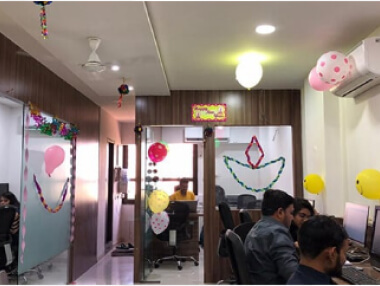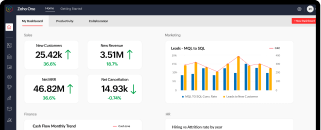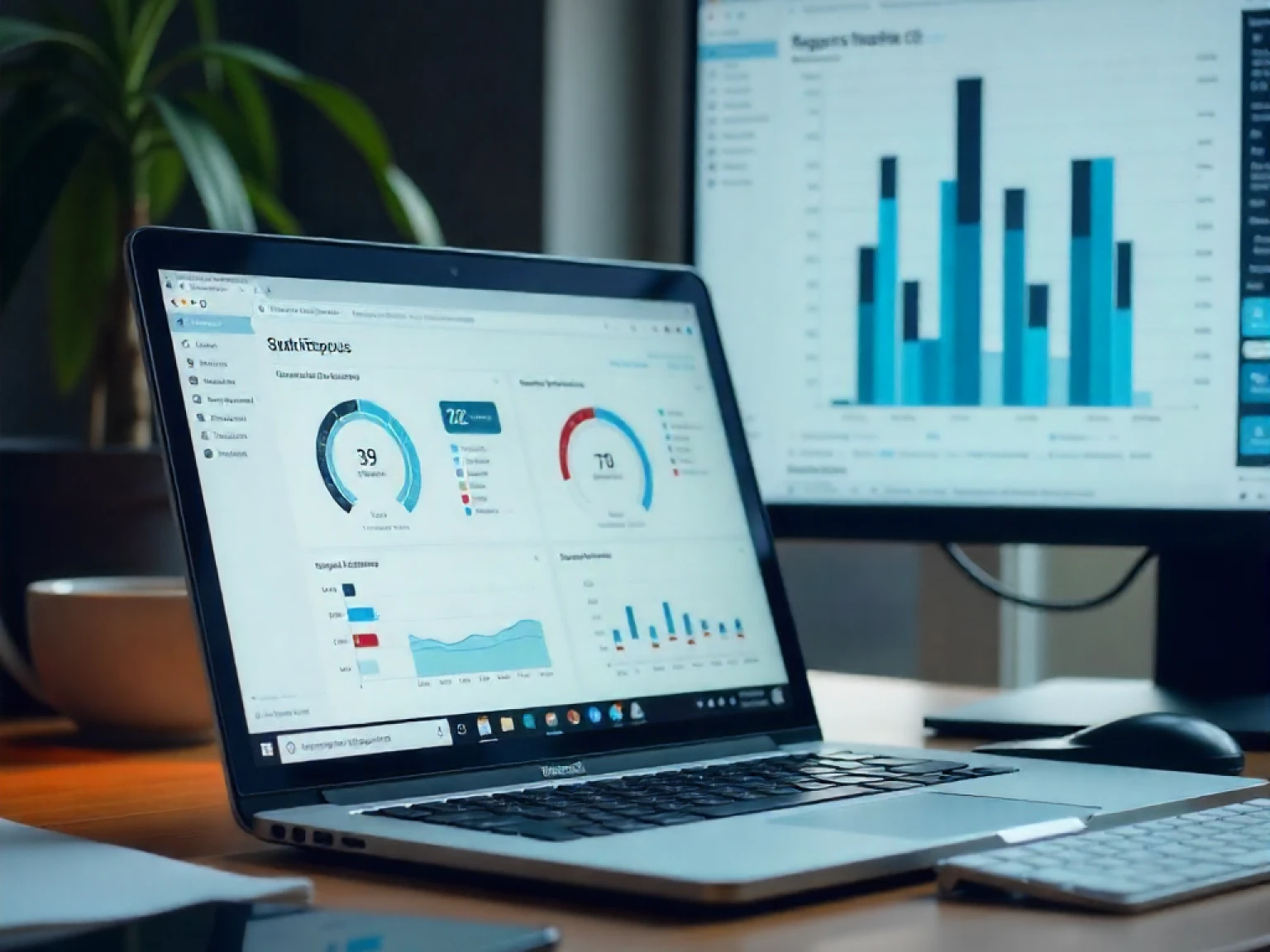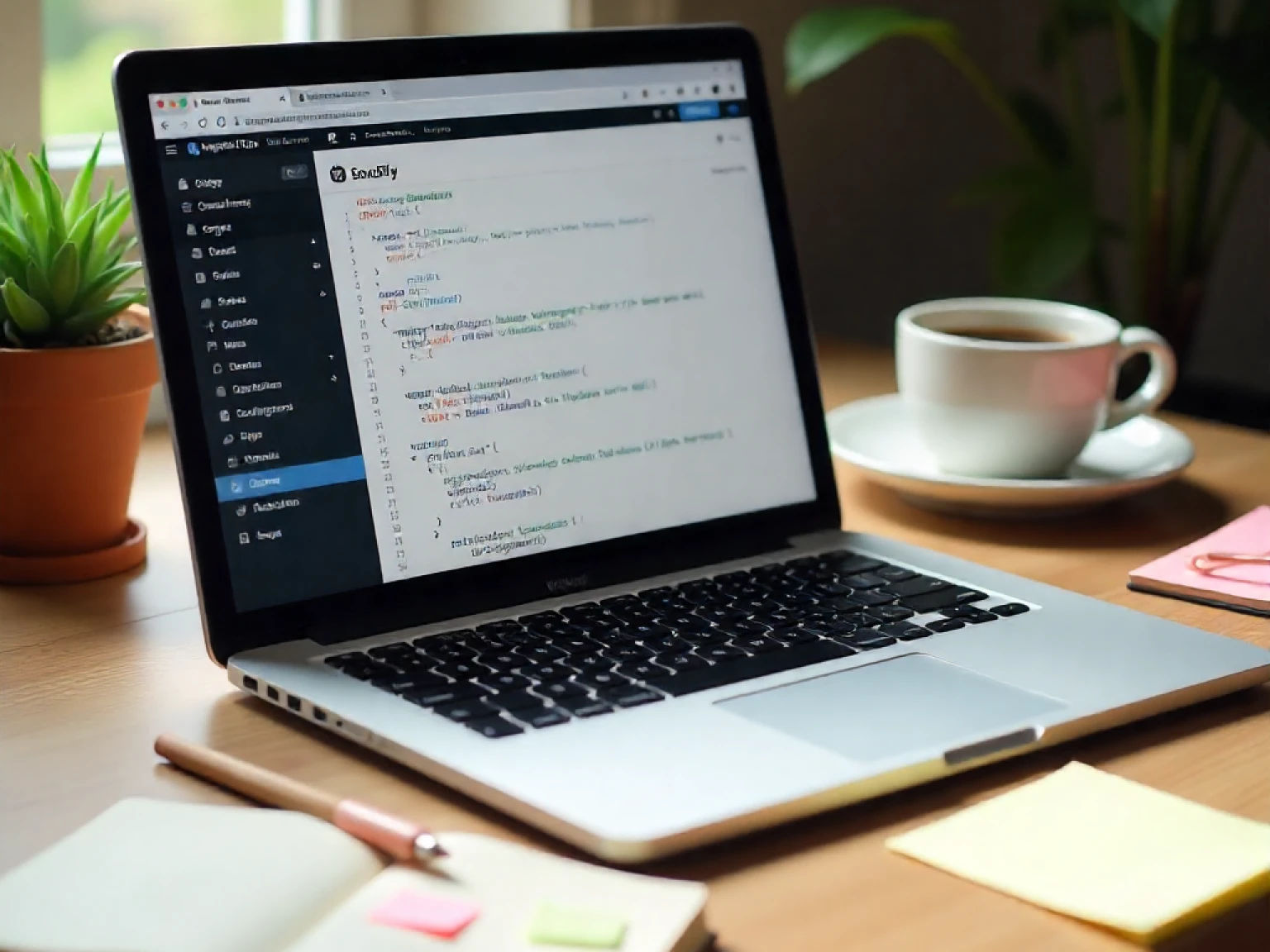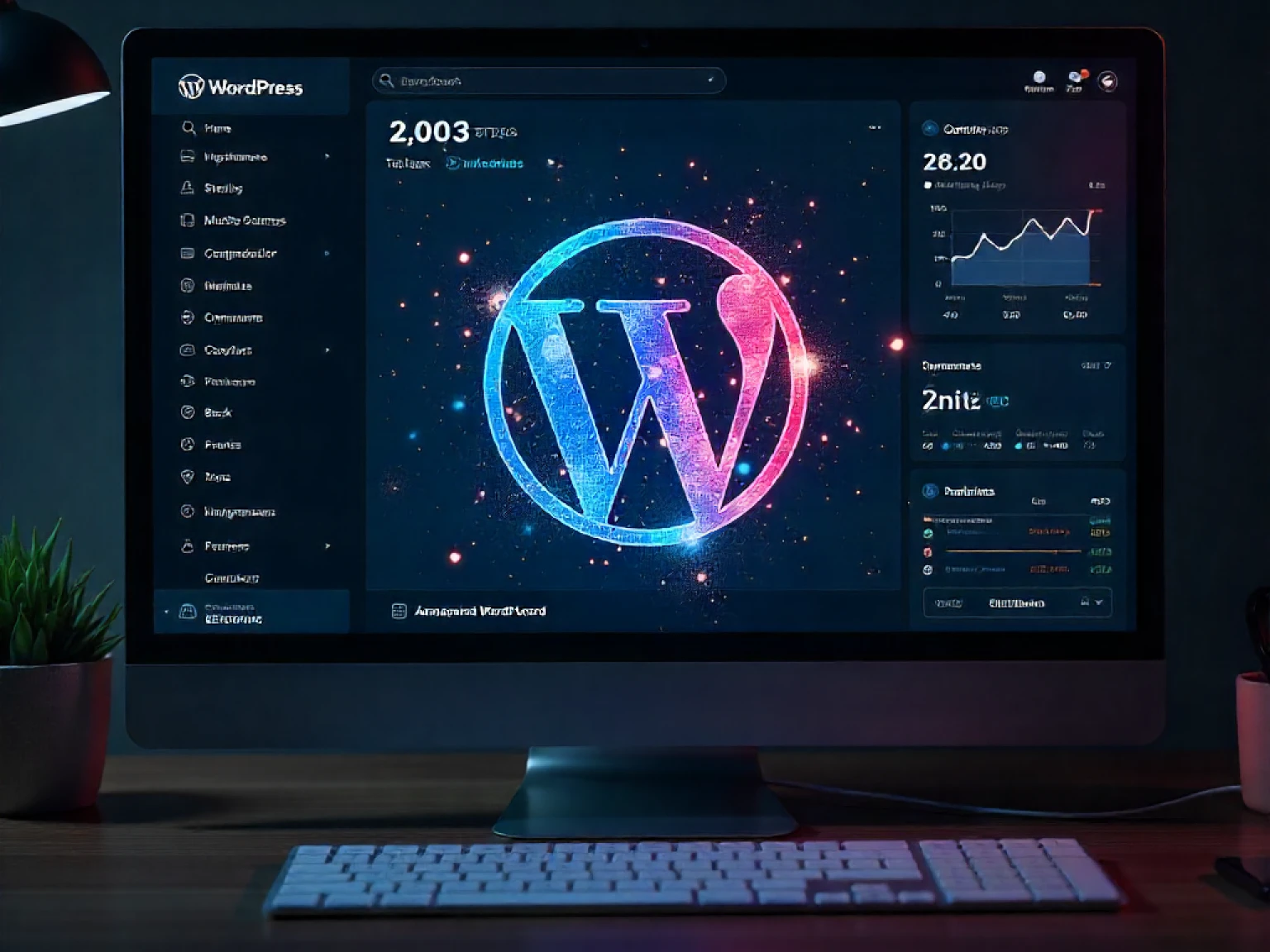In the ever-evolving digital ecosystem, WordPress remains one of the most powerful content management systems, powering over 40% of all websites worldwide. As businesses continue to scale online, the demand for advanced, performance-driven plugins has skyrocketed. For developers, understanding the best practices in WordPress plugin development is crucial to creating plugins that are not only functional but also secure, optimized, and future-proof. In this comprehensive guide, we explore the most important standards and strategies every WordPress developer should follow in 2025 to build reliable, scalable, and high-quality plugins that deliver real value and stand the test of time.
1. Start with a Clear Objective and Scope
Before writing a single line of code, define the purpose of your plugin. Ask yourself:
- What specific problem does this plugin solve?
- Who is the target audience or ideal user?
- How does it add measurable value to the WordPress ecosystem?
By identifying the objective early on, you can avoid feature bloat, improve usability, and maintain development focus. In 2025, users expect simplicity and performance not overloaded features that slow their sites down. Additionally, mapping out the plugin architecture, including data flow, dependencies, and scalability considerations, helps ensure long-term maintainability and prevents technical debt as your plugin evolves.
2. Follow WordPress Coding Standards
Clean, standardized code ensures your plugin is compatible with the WordPress core and other plugins. WordPress provides official coding standards for PHP, HTML, CSS, and JavaScript. Following these conventions makes your code easier to maintain, understand, and collaborate on. Tools like PHPCS (PHP CodeSniffer) can automatically check your code for compliance.
Use proper naming conventions, prefix functions and variables to avoid conflicts, and separate logic into distinct files for a professional structure. Consistency is key for plugin reliability and future scalability.
3. Ensure Security Is a Priority
Security is one of the most overlooked yet critical aspects of plugin development. A poorly coded plugin can expose websites to SQL injections, XSS attacks, and malware infections.
To enhance plugin security:
- Sanitize and validate all user inputs using functions like
sanitize_text_field()andesc_attr(). - Use nonces (
wp_create_nonce()) to protect forms against CSRF attacks. - Escape all output before rendering on the front end.
- Keep external libraries, APIs, and dependencies updated.
With cyber threats evolving rapidly in 2025, adhering to strong security practices is non-negotiable.
4. Maintain Compatibility with the Latest WordPress Versions
WordPress frequently releases updates to improve functionality and patch vulnerabilities. Your plugin must remain compatible with the latest versions of WordPress and PHP (especially PHP 8.x).
Use tools like WP-CLI, automated testing suites, and staging environments to validate compatibility across versions. Always update the “tested up to” tag in your plugin header to increase user trust.
5. Optimize for Performance
Performance directly impacts SEO, user experience, and conversion rates. Plugins that slow down websites are quickly uninstalled. To optimize performance:
- Minimize database queries and avoid unnecessary loops.
- Use caching techniques and WordPress transients.
- Load scripts and styles conditionally using
wp_enqueue_script()andwp_enqueue_style(). - Keep the codebase modular and lightweight.
Implement lazy loading, defer non-essential scripts, and use modern build tools like Vite or Webpack for advanced optimization.
6. Use Proper Documentation and Comments
Documentation is essential for plugin longevity. Well-documented plugins are easier for both developers and end-users to understand.
- Write clear inline comments.
- Create a complete README file with setup instructions, changelogs, and feature descriptions.
- Provide examples of hooks, filters, and API usage.
Good documentation also increases your chances of approval in the WordPress Plugin Directory.
7. Implement Proper Version Control
Version control systems like Git and collaboration platforms like GitHub are essential for modern development. They help you track changes, manage releases, and collaborate efficiently.
Use descriptive commit messages, follow branching strategies, and tag releases properly. Integrating CI/CD pipelines ensures faster and safer deployment cycles.
8. Prioritize User Experience (UX)
A plugin should not only function well but also provide a seamless and intuitive user experience.
- Use UI components consistent with WordPress admin design.
- Create setup wizards or guidance tooltips for beginners.
- Follow accessibility guidelines (WCAG) for inclusive user experience.
- Ensure plugin settings are easy to find, understand, and use.
In 2025, UX is a major differentiator for plugin adoption and retention.
9. Test Thoroughly Before Release
Testing ensures plugin stability and prevents regressions.
- Unit Testing: Test individual functions for reliability.
- Integration Testing: Ensure compatibility with WordPress core, themes, and popular plugins.
- Usability Testing: Validate workflow and ease of use for non-technical users.
Use automated testing tools such as PHPUnit and QUnit to streamline the process.
10. Offer Ongoing Support and Updates
Successful plugin development continues well beyond the initial release. Regular updates improve security, fix bugs, and add enhancements.
Developers who provide consistent support and maintenance enjoy better ratings, increased visibility, and stronger user trust.
Conclusion
Following these WordPress plugin development best practices ensures your plugin delivers functionality, performance, and security. In 2025, users value efficiency, stability, and long-term improvements. Whether you’re building a plugin for internal business use or releasing it to the marketplace, aligning with these practices is the key to sustainable success.
Looking to build a custom WordPress plugin? Contact Xceptive Solutions LLP — our expert WordPress developers specialize in crafting secure, scalable, and high-performance plugins tailored to your business requirements.
Frequently Asked Questions (FAQ)
1. Why are coding standards important in WordPress plugin development?
Coding standards maintain consistency, reduce errors, and ensure compatibility with WordPress core, making plugins more stable and easier to maintain.
2. How often should a WordPress plugin be updated?
At least every few months or whenever WordPress releases major updates. Security patches and performance improvements should be released as needed.
3. What tools help test WordPress plugins effectively?
Popular tools include PHPUnit for unit testing, QUnit for JavaScript testing, WP-CLI for environment setup, and local environments like LocalWP or XAMPP.
4. How can I make my plugin load faster?
Use conditional script loading, minimize database queries, apply caching, and keep the code lightweight and modular.
5. Is documentation necessary for small plugins?
Yes. Even small plugins benefit from documentation because it helps future maintenance, improves user adoption, and reduces support requests.
